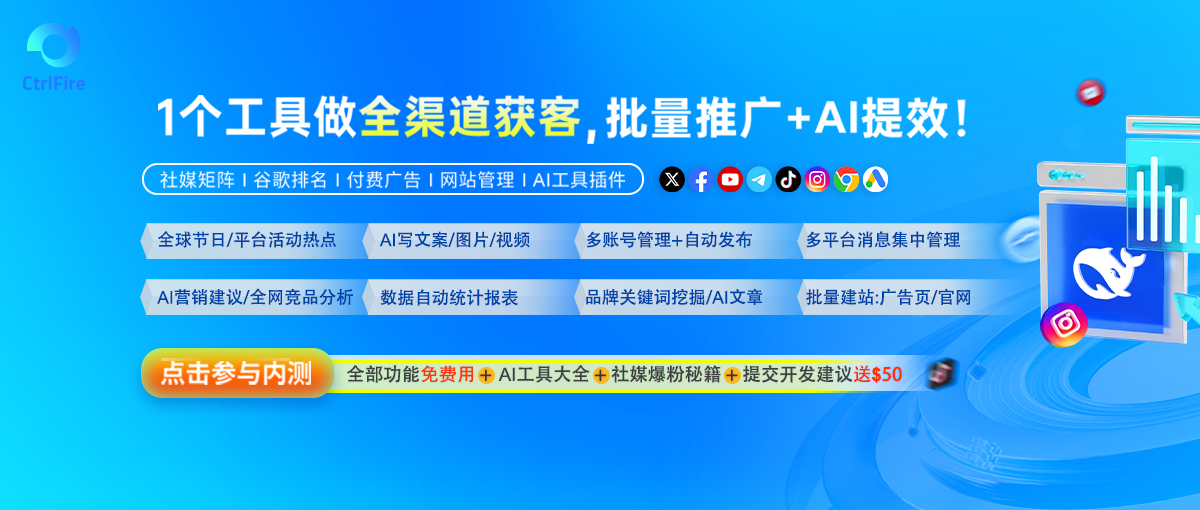什么是Snapchat多账号登录?
简单来说,Snapchat多账号登录就是在一个设备上同时登录多个Snapchat账号的功能。听起来是不是很方便?尤其是对于那些有工作号和个人号的小伙伴来说,简直是福音!不过,这项功能也有一些需要注意的地方,今天就来聊聊它的一些常见问题以及解决办法。
为什么需要多账号登录?
其实原因很简单。很多人会有一个“生活号”和一个“工作号”,甚至还有“小号”。比如,你可能想用一个号跟朋友分享日常趣事,另一个号用来关注明星或者品牌动态。这样一来,来回切换账号不仅麻烦,还容易忘记密码。所以,多账号登录就成了很多人的首选。
如何实现多账号登录?
目前,Snapchat官方并没有直接提供多账号同时在线的功能,但别担心,还是有一些方法可以绕过这个限制。比如说,你可以通过不同的浏览器或第三方应用来实现。不过要提醒大家,使用第三方应用可能存在安全风险,所以一定要选择信誉好的工具哦!
如果你不想冒险,也可以试试手动切换账号的方式。虽然稍微麻烦一点,但至少能保证你的账号安全。
常见问题及解决方法
在使用多账号登录的过程中,可能会遇到一些问题。下面是一些常见的疑问和解决方案:
1. 登录时总是被踢出其他账号怎么办?
这是个很普遍的问题,尤其当你频繁切换账号时。Snapchat为了保护用户隐私,默认只允许一个账号在同一时间登录。所以,如果你在另一台设备上登录了,之前的设备就会被强制登出。解决办法就是尽量减少切换频率,或者使用不同的网络环境来区分账号。
2. 忘记了某个账号的密码怎么办?
哎呀,这种事情真的太常见了!特别是当你的账号多了之后,很容易混淆哪个密码对应哪个账号。不用担心,Snapchat提供了找回密码的功能。只需点击登录页面的“忘记密码”,然后按照提示操作即可。不过建议大家平时养成记录密码的习惯,可以用密码管理工具来帮忙哦!
3. 为什么我的消息会发错账号?
哈哈,这个问题听起来有点搞笑,但实际上还挺让人头疼的。有时候我们以为自己在用A账号,结果发现消息是从B账号发出去的。为了避免这种情况,建议在发送重要消息之前,先确认一下左上角的头像和用户名是否正确。毕竟谁也不想把给老板的消息误发到朋友群里吧?😄
4. 多账号会影响Snapchat体验吗?
答案是:看情况。如果你只是偶尔切换账号,基本上不会有什么影响。但如果你频繁地切换,可能会导致某些功能出现延迟,比如Snap Map更新不及时、聊天记录加载慢等。所以,还是要合理规划自己的使用习惯。
最后的小贴士
,Snapchat多账号登录确实能带来不少便利,但也需要我们注意一些细节。比如,定期清理缓存、避免使用不可信的第三方工具、妥善保管密码等等。最重要的是,无论用哪个账号,都要记得保持愉快的心情去享受Snapchat带来的乐趣!😊
希望这篇文章对你有所帮助!如果还有什么疑问,随时欢迎交流~
